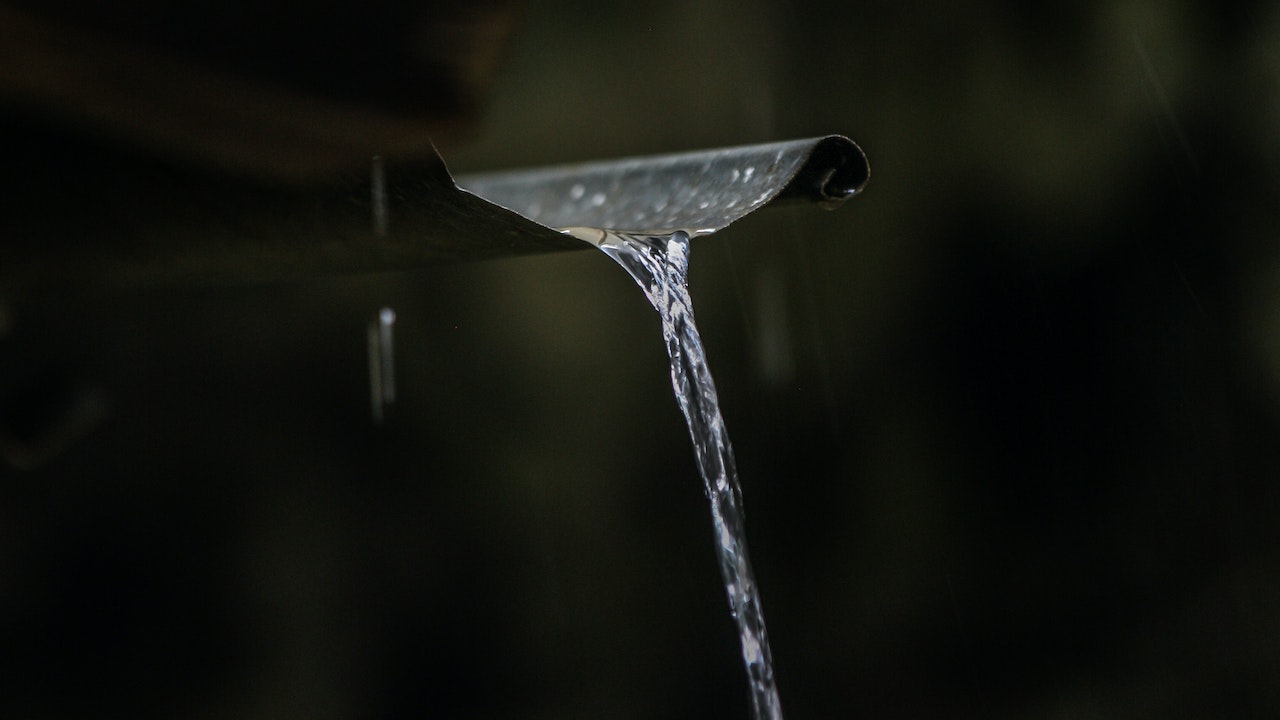A Sustainable Solution: Rainwater Harvesting and Its Environmental Impact
A Sustainable Solution: Rainwater Harvesting and Its Environmental Impact - Unlocking the Power of Rainwater to Conserve Water Resources, Mitigate Flooding, Recharge Groundwater, and Alleviate the Urban Heat Island Effect for a Greener and More Self-Sufficient Future.

In the face of increasing water scarcity and the pressing need for sustainable solutions, rainwater harvesting has emerged as a practical and eco-friendly approach to water conservation. This ancient practice, now experiencing a resurgence, offers numerous benefits while mitigating the environmental impact of traditional water sources. In this blog post, we will delve into the concept of rainwater harvesting, its methods, and the positive environmental effects it brings.
What is Rainwater Harvesting?
Rainwater harvesting is the collection and storage of rainwater for various uses. It involves capturing rainwater from rooftops, paved surfaces, or other catchment areas, directing it through gutters or pipes, and storing it in tanks or underground reservoirs. This stored water can then be utilized for a wide range of purposes, such as irrigation, domestic use, or replenishing groundwater.
Methods of Rainwater Harvesting
Rooftop Rainwater Harvesting: This method involves collecting rainwater from rooftops by installing gutters and downspouts that lead to storage containers. Filters are often employed to remove debris and improve water quality.
Surface Runoff Harvesting: In areas with ample open space, rainwater can be collected from natural catchment areas such as fields, open landscapes, or small ponds. This method requires proper design and management of drainage systems to channel the water to storage facilities.
Recharge Wells: In regions with porous soil or underlying aquifers, recharge wells can be constructed to allow rainwater to percolate into the ground, replenishing the groundwater reserves.
Environmental Impact of Rainwater Harvesting
- Water Conservation: By collecting rainwater for various uses, rainwater harvesting helps reduce reliance on freshwater sources such as rivers, lakes, and underground aquifers. This conserves valuable water resources and reduces the strain on ecosystems that rely on these sources.
- Mitigating Flooding: Rainwater harvesting systems can help control stormwater runoff by capturing excess rainwater. By minimizing the volume of water flowing into drains and rivers during heavy rainfall, the risk of flooding is significantly reduced.
- Groundwater Recharge: Recharge wells and infiltration basins facilitate the percolation of rainwater into the ground, replenishing underground water reserves. This process is vital for maintaining healthy aquifers, which provide a reliable source of water for wells and springs.
- Reducing Urban Heat Island Effect: The utilization of rainwater for irrigation purposes helps keep urban areas green and cool. By supporting vegetation growth, rainwater harvesting mitigates the urban heat island effect, where cities experience significantly higher temperatures compared to rural areas.
Additional Benefits and Considerations
- Self-sufficiency: Rainwater harvesting empowers individuals and communities to become self-sufficient in meeting their water needs, particularly in regions with limited access to freshwater sources.
- Cost Savings: Implementing rainwater harvesting systems can lead to substantial cost savings on water bills, especially for non-potable uses such as gardening, toilet flushing, and laundry.
- Water Quality: While rainwater is generally considered safe for non-potable uses, it is essential to employ proper filtration and treatment methods for drinking purposes.
Conclusion
Rainwater harvesting offers a sustainable and environmentally friendly solution to water scarcity and resource management. By conserving water, reducing flooding, replenishing groundwater, and mitigating the urban heat island effect, this practice promotes the health of ecosystems and communities alike. Embracing rainwater harvesting not only benefits the environment but also empowers individuals to take an active role in securing a more sustainable future.
Remember, rainwater harvesting should be tailored to local conditions, regulations, and the specific needs of each situation. Consult with local authorities and experts to ensure the successful implementation of rainwater harvesting systems in your area.
- READ MORE ON:
- Rainwater harvesting
- Sustainable solution
- Environmental impact
- Water conservation
- Water scarcity
- Groundwater recharge
- Urban heat island effect
- Flooding mitigation
- Self-sufficiency
- Cost savings
- harvesting
- rainwater
- eco-friendly
- Rooftop Harvesting
- Runoff Harvesting
- Recharge Wells
- Groundwater
- Mitigating Flooding










